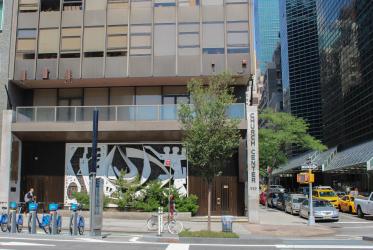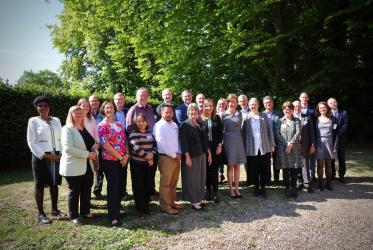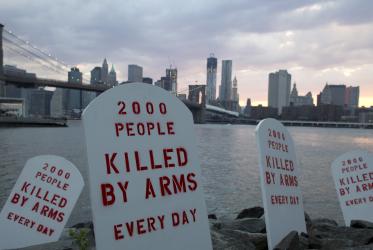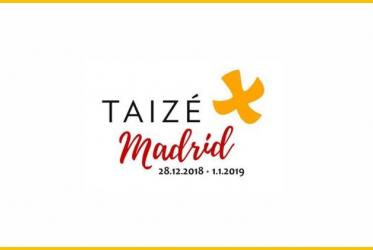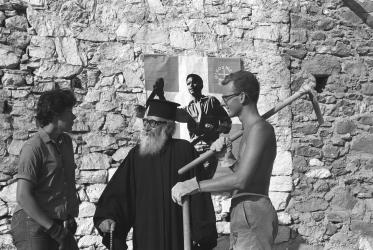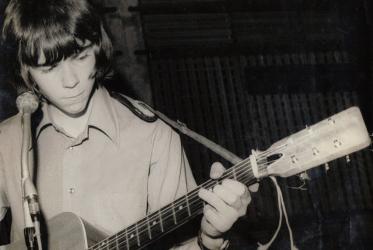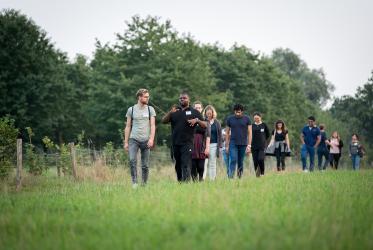Displaying 1 - 20 of 40
06 October 2022
WCC honoured with Geneva Engage Award
01 February 2022
Plans for 11th WCC Assembly build excitement across the globe
18 February 2020
Iraqi refugee shares story of hope through harrowing ordeal
15 August 2019
Peacemakers at work in Sri Lanka
29 April 2019
Bossey transforms the life of ecumenical students
29 January 2019
WCC sends greetings as Taize youth reflect on hospitality
27 December 2018
#WCC70: Remembrances of an ecumenical workcamper
20 September 2018
#WCC70: The life-changing gift of serving as a steward
24 August 2018
70 years in, youth pilgrimage offers room for new visions
22 August 2018
What difference does dressing in black make?
02 August 2018
